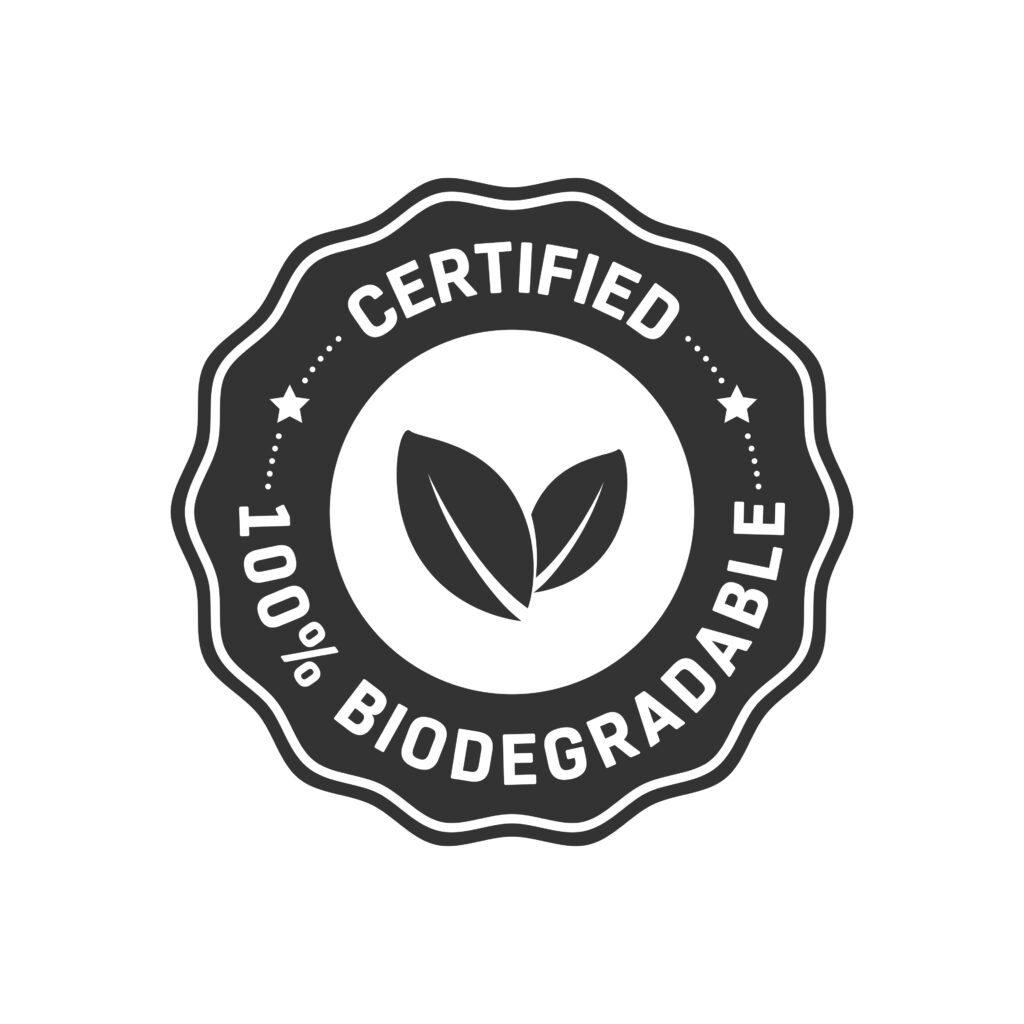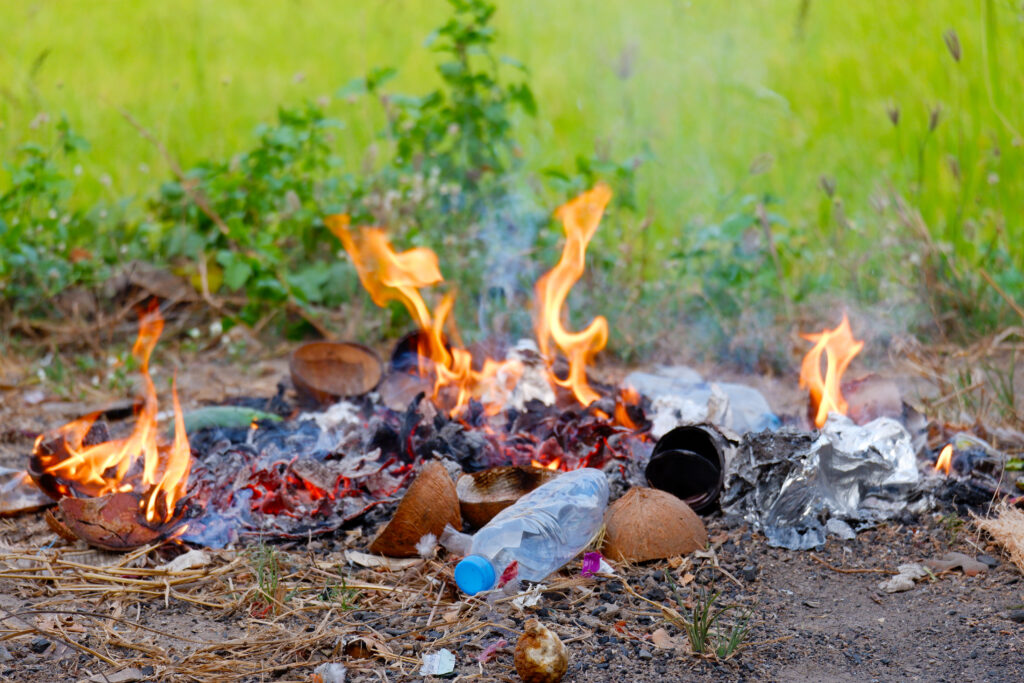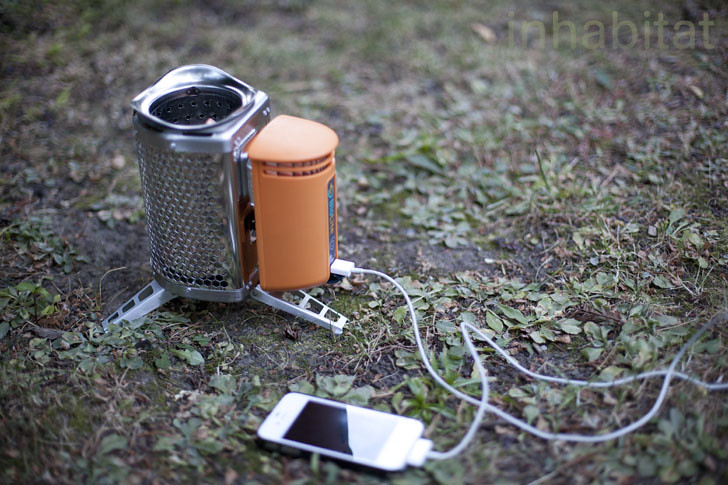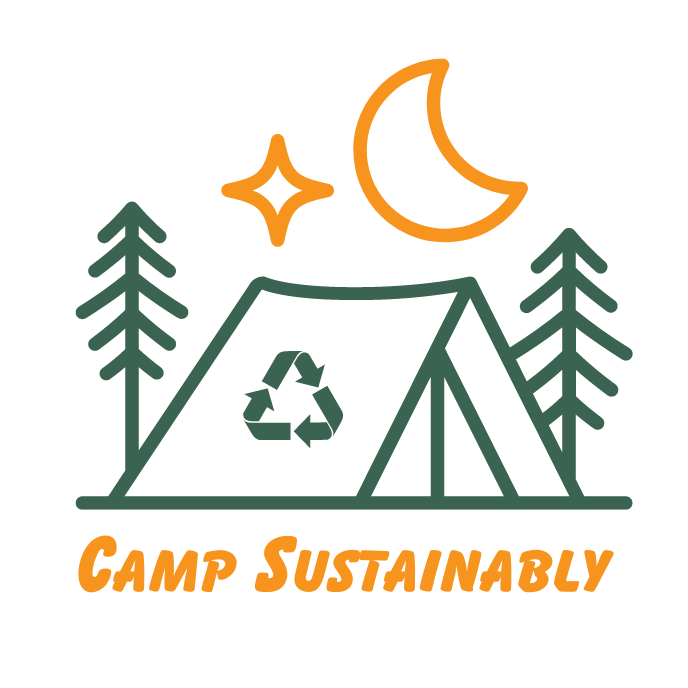How Can You Contribute?
Camping for most people is an easy way to enjoy nature and relax. As someone who grew up camping, I never had much of a thought on how it could have a negative impact on our planet if not done correctly, and I think that’s true for most people. With tensions constantly rising when it comes to our environment, I think it’s important to understand how we have an impact on our planet when camping now more than ever to ensure we are able to continue to enjoy nature for many years to come in a safe manner. Ensuring you are taking practices and steps to move towards sustainable camping is a great solution.
So what does sustainable camping mean? How does it go further than just leaving no trace and cleaning up after yourself? There are many different aspects that can contribute to leaving a negative impact on our environment when it comes to camping. Three simple categories to break this down into are:
- Products we use
- What we are burning in campfires
- The energy we are using
So how do we improve these things? Let’s start off by looking at the products we use, and their impact.
Products
Many products, being physical items, we use like cloths, chairs, and packaging, as well as cleaners and liquids, can have a negative impact. Many products are not considered bio-degradable, making them harmful if not used or disposed of properly. What makes something bio-degradable? The short answer is that something is bio-degradable which means that it can be broken down by naturally occurring microorganisms back into the environment without causing harm. I know that for me personally, this is not something I even considered until recent years when I’ve become more educated on how what we do impacts the environment, especially when it comes to something that is seemingly harmless like camping.

For camping gear and other physical products, there are a lot of alternatives that are more environmentally friendly. Whether this means they are biodegradable, sustainably made, or just simply reusable and not something that is just getting tossed away after use. Camp gear is one leading contributor to how a negative impact could be left from camping, and this doesn’t just come down to the actual act of camping, but also how the products we use for camping are being made. Camping is a very popular recreational activity so the production of equipment can have a very bad impact. Finding products that are made from recycled contents, BPA-free, and created with the environment in mind through better production practices and contributing to greater causes can be an easy step to take to ensure you are leaving less of a negative impact when you want to go camping. I find this overview of sustainable camping products to be very useful when it comes to gearing up for the camping season.
Buying sustainable and environmentally friendly products can have a huge positive impact and is a seemingly easy way to reduce any negative impact you would have created. Next time you are gearing up, read the labels and look into the products you buy. Some common items that many people don’t think of, but are easy to find safe alternatives include:
- Dish soaps and cleaners
- Eating and cooking utensils
- Sleeping bags
- Tents
- Hammocks
Ensuring you are buying sustainably made, bio-degradable, or more eco-friendly versions of these common items is an important first step toward moving to sustainable camping. As a bonus, many companies that make sustainable versions of these products also donate products to positive causes for climate impact. One great example of this is BioLite, which makes camping gear for cooking, lighting, and energy.
Campfire Use
Another common practice when camping is having a fire, whether it be to keep warm or prepare food. Campfires are arguably one of the most classic practices when camping, and something that many people love to enjoy. While this overall is a pretty harmless activity and can have a much greater impact depending on what you burn. Many people will throw trash, packaging, and other materials in the fire which can create harmful fumes and other toxins going into our air. Throwing trash in a campfire is very common, and something I think most everyone is guilty of doing at least once.

A simple solution to fix this is to simply:
- Only burn wood designated as safe for a campfire.
- Avoid using chemical accelerants and lighter fluids.
- Keep the fire small and contained.
- Avoid burning trash, aluminum cans, plastics, and other waste
When contained and done properly, campfires will have minimal negative environmental impact and can be enjoyed worry-free. Not only does burning plastics and other waste in the fire produce pollutants, but it also makes it unsafe to cook food over. So not only are you helping the environment by practicing safe burning habits, but you also are able to enjoy s’mores safely.
The Energy We Use
Finally, the energy that we use is always super important to consider when camping. This may not be an issue for many who camp primitively, but when camping in a camper, RV, or even in a tent but using an electric hookup it is important to consider. While this is something that at the surface level it may seem not much can be done considering the electric hookup is there to use, it is still important to be mindful of the energy you are using.
When possible, there are many great solutions to help reduce the amount of energy you are pulling from the hookups as well. I grew up both tent camping, as well as in a camper a little bit later into my childhood and one thing my dad always had was a solar panel that he would connect to the battery of our camper. This allowed us to help maintain the electricity we had on hand from the battery and made it so that we did not have to camp somewhere with an electric hookup. This is also something that is relatively cheap but very handy to have. Most of the campgrounds we stayed at were primitive, and this solar panel helped to avoid any worry of running out of energy. This is a very easy and simple sustainable camping practice that offers positive benefits to the camper.
Another thing to be mindful of is using generators. Not only can generators be noisy and disturb the wildlife that is in the area, as well as other campers, but they also produce carbon emissions. Avoiding generators is a pretty simple step to take to help reduce negative impact not only on the environment but also on your neighbors.
BioLite has many great energy solutions for campers, including a mini camp stove to cook on that produces energy from the heat it creates. Their products also burn sticks and wood rather than some sort of propane or other fuels. The energy that the heat produces is stored in a battery pack that can be used to charge devices and create green energy, which is pretty cool. Camping does not require you to use a lot of energy, and there are plenty of options to use green energy that is overall a better environmental solution.

In Conclusion
Overall, there are many great alternative solutions available to help you camp in a more sustainable way, reduce emissions, and save some energy. Camping is something that everyone should be able to enjoy and can be done with little to no climate impact that is harmful. Ensuring you are taking the steps to camp in an eco-friendly way, using biodegradable products, and avoiding creating harmful emissions will help to keep our planet safe for many years of camping and nature to come.
